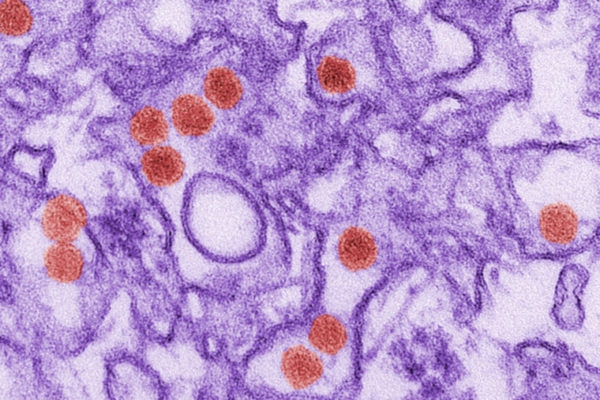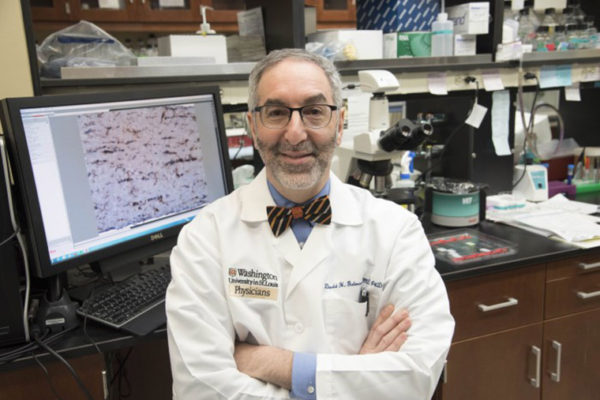Picus receives AMA radiology award
Daniel D. Picus, MD, a professor of radiology and of surgery at Washington University School of Medicine in St. Louis, has received the American Medical Association Radiology Current Procedural Terminology Burgess Gordon Memorial Award.
Surgeons test technology with potential to expand lung transplant donor pool
As part of a clinical trial at the School of Medicine, lung transplant surgeons are evaluating whether a sophisticated device can recondition subpar donor lungs to make the organs suitable for transplant. The device has potential to expand the number of donor lungs that can be transplanted, potentially helping the 1,480 patients currently waiting for lung transplants.
Reminder: ‘Dial 10’ takes effect April 15 on Medical Campus
Beginning April 15, changes to the telephone system used on the Medical Campus and at several BJC HealthCare facilities will require landline callers to use area codes when dialing internal and external numbers.
New mouse model to aid testing of Zika vaccine, therapeutics
A research team at Washington University School of Medicine in St. Louis has established a mouse model for testing of vaccines and therapeutics to battle Zika virus.
Apply for leukemia research awards by May 2
Those interested in the Specialized Programs of Research Excellence (SPORE) in Leukemia Career Enhancement and Developmental Research Awards may submit applications through May 2.
Academy of Science-St. Louis honors researchers
Four researchers at Washington University in St. Louis are being honored as outstanding scientists by the Academy of Science-St. Louis. University recipients of this year’s honors are faculty members Lilianna Solnica-Krezel, Robi D. Mitra, Gary J. Patti and Gary D. Stormo.
Elmore selected to attend surgery meeting
Leisha Elmore, MD, a general surgery resident at Barnes-Jewish Hospital and Washington University School of Medicine, has been selected to represent the Society of University Surgeons at the Society of Academic & Research Surgery’s annual meeting in January 2017 at the Royal College of Surgeons in Ireland.
New clues identified in childhood cancer syndrome
New research from David Gutmann, MD, PhD, may help doctors determine which medical issues are likely to manifest in patients with the inherited cancer syndrome neurofibromatosis type 1 (NF1). The findings indicate that varying mutations in the NF1 gene may lead to different clinical outcomes.
Study finds vast diversity among viruses that infect bacteria
A study from the School of Medicine suggests that bacteriophages made of RNA – a close chemical cousin of DNA – likely play a much larger role in shaping the bacterial makeup of worldwide habitats than previously recognized.
Nerve injury appears to be root of diabetes-related vision loss
New research from the School of Medicine indicates that much of that diabetes-related vision loss may result from nerve cell injury that occurs long before any blood vessels are damaged. The finding may lead to new approaches to treating it.
View More Stories







